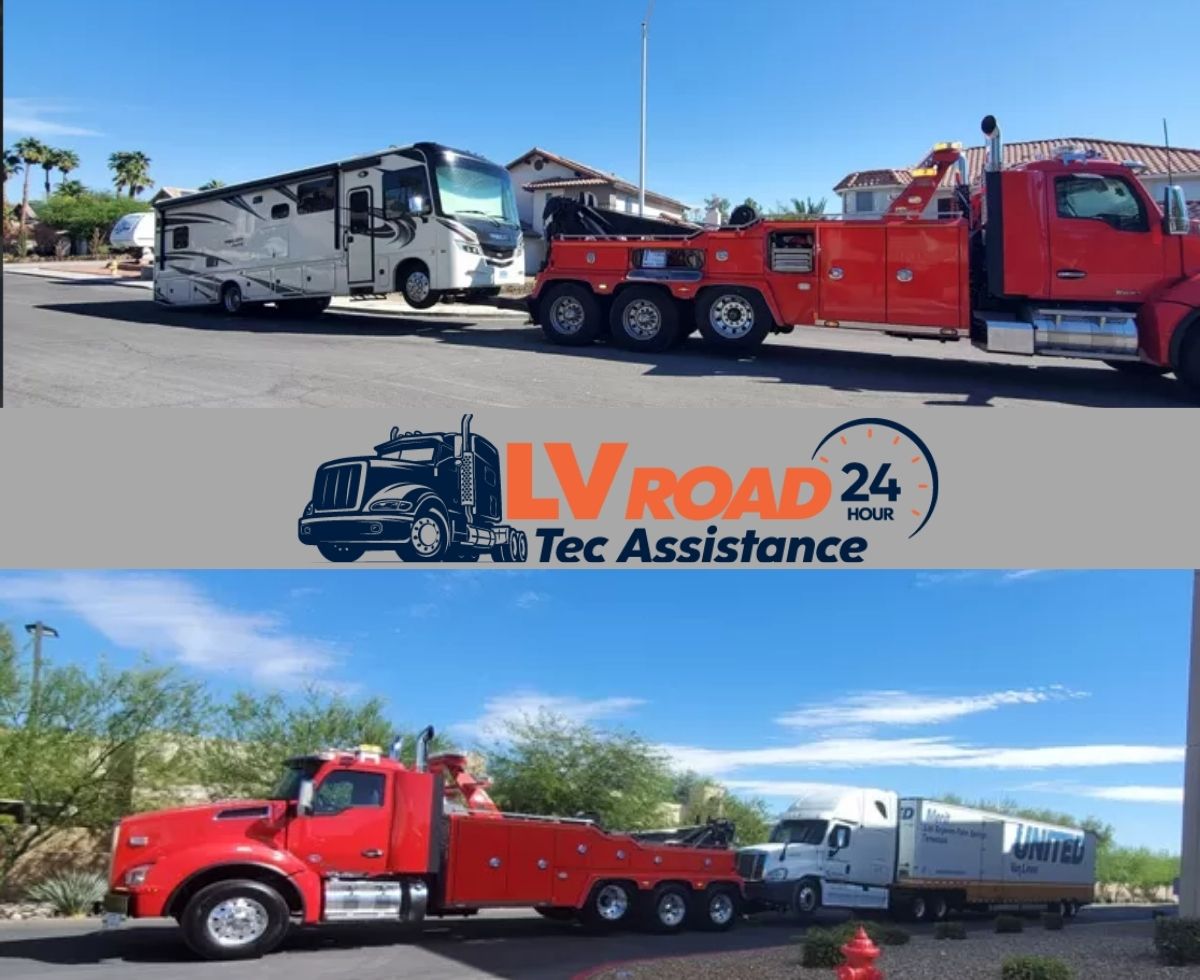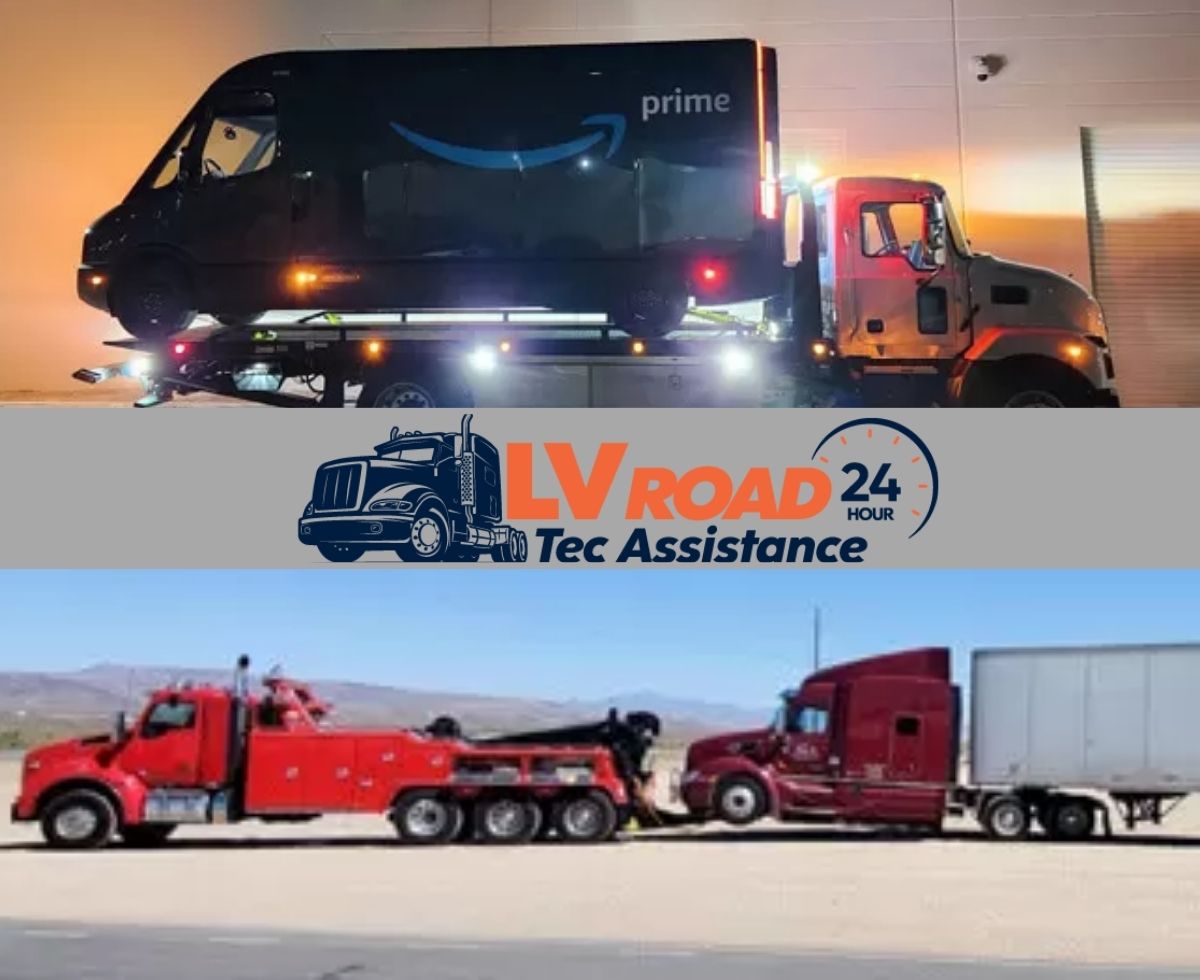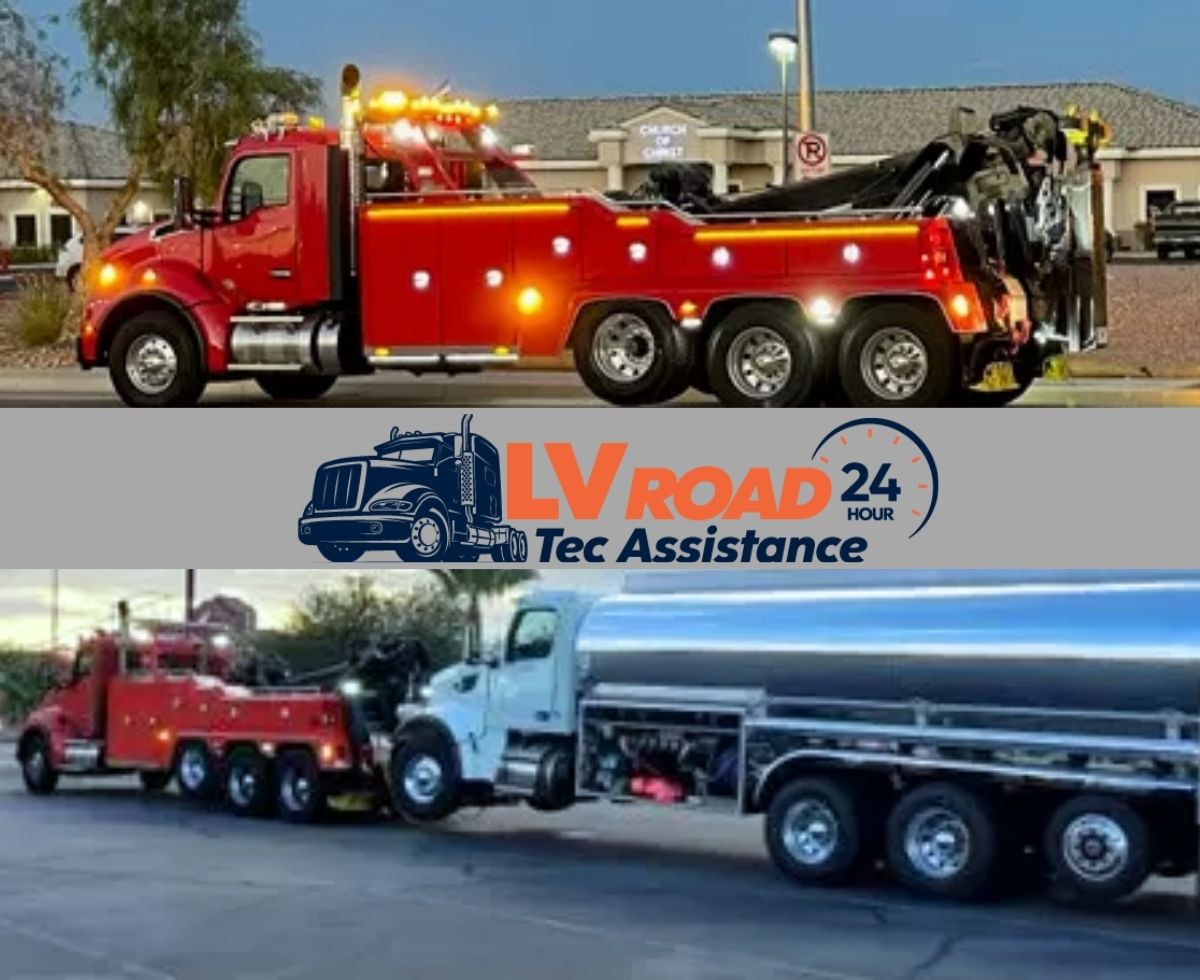
Difference Between Heavy Duty Towing and Light Towing
Are you confused about the differences between heavy duty towing and light towing? If so, you’re not alone! Many truck owners and commercial transportation employers still determine what separates these services. Heavy duty or “medium/heavy” towing is designed for larger vehicles such as semi-trucks, Class A, B, or C motor homes, or even buses that require more power and specialized equipment than lighter vehicles – while light towing typically refers to smaller passenger vehicle pickups and SUVs.
In this blog post, we will break down the main differences between them so that you can make an informed decision when it comes time for a tow job. Read on to learn all you need to know about it.
Breaking Down the Difference Between Heavy-Duty and Light-Towing

Are you a truck owner or an employer in the commercial transportation industry? It’s crucial to grasp the distinctions between heavy-duty and light towing. While both services may come in handy, there are significant variations in equipment, human resources, and expertise. Stay informed and prepared by discovering what sets them apart. Keep reading!
Heavy-Duty Towing:
Heavy-duty or “medium/heavy is designed for larger vehicles such as semi-trucks, Class A, B, or C motor homes, and buses that require specialized equipment and more power than lighter vehicles.
Also, heavy-duty tow trucks can carry up to 50 tons and generally have the following features:
- Larger engines that can haul larger loads
- Multiple axles to distribute weight evenly
- Extra stabilization to prevent tipping
- Specialized cranes to lift and move heavy objects
In fact, heavy-duty towing may require additional permits and safety procedures due to the equipment’s weight and size.
Light Towing:
- Light towing typically refers to smaller vehicles such as passenger cars, pickups, and SUVs.
- Light tow trucks are smaller than heavy-duty tow trucks and are designed to carry loads of up to 10,000 pounds.
- Light towing may include jump-starts, lockout services, flat tire changes, fuel delivery, and towing.
- Light towing can also handle larger vehicles such as motorhomes and vans requiring a tow under 10,000 pounds.
Key Differences:
- Heavy-duty towing requires specialized equipment and additional power, while light towing is much more straightforward.
- Heavy-duty towing is usually more expensive than light towing due to the specialized equipment and permits required.
- Heavy-duty towing is more common for commercial vehicles, while light towing is primarily for personal vehicles.
Knowing the difference is crucial for truck owners and commercial transportation employers. It can help you make informed decisions when you need towing services and ensure the right equipment and workforce are used. Whether you need heavy-duty towing for your commercial vehicle or light towing for your passenger car, choosing a professional company that offers the right services is critical.
Don’t Panic! Get 24/7 Heavy Vehicle Roadside Assistance from LV Road Tec Assistance LLC

LV Road Tec Assistance LLC will take care of you when you need roadside assistance or just an emergency tow for your vehicle. Our professionals are skilled and trained to provide 24-hour roadside service for commercial truck needs. Do not hesitate to contact us immediately if you face any issues; we’ll ensure you arrive at your destination in no time.
We guarantee that LV Road Tec Assistance LLC is the best choice when caring for your semi-truck.
